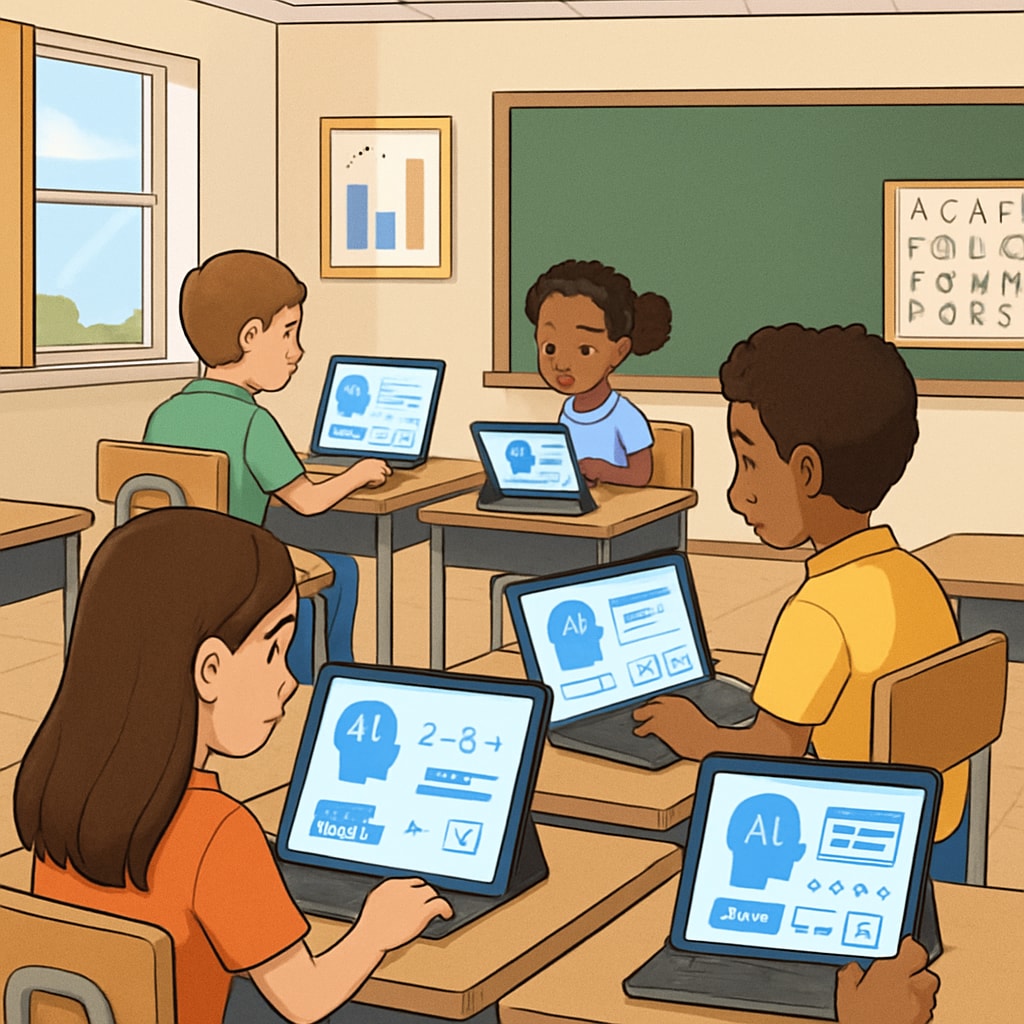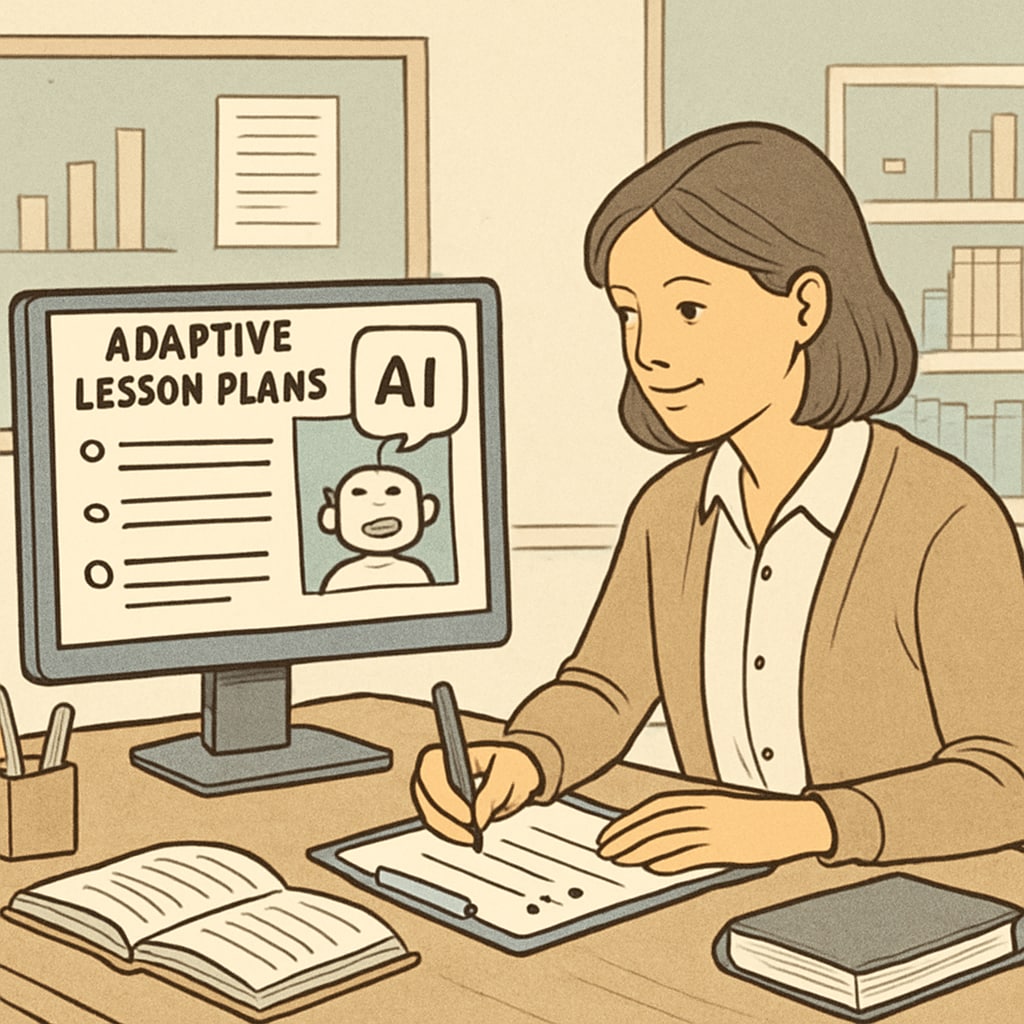Artificial intelligence (AI) is becoming a transformative force in education, reshaping traditional systems and methods. Over the next decade, AI’s impact on K12 education will span personalized learning, evolving teacher roles, and innovative assessment methods. As a result, educators must proactively embrace this technological revolution to ensure its benefits are maximized while addressing potential challenges.
How AI Is Redefining Personalized Learning
One of the most promising applications of AI in education lies in personalized learning. Adaptive technologies, such as AI-driven learning platforms, assess individual students’ strengths and weaknesses in real time. By analyzing performance data, these systems can create tailored lesson plans that cater to each learner’s unique needs. For example, AI can identify students struggling with certain concepts and provide additional resources or exercises to help them improve.
Moreover, AI-powered tools can foster engagement by introducing gamified learning experiences and interactive simulations. These methods create dynamic environments where students can explore ideas at their own pace, ensuring a deeper understanding of complex subjects.

Transforming the Role of Teachers
While AI will not replace teachers, it will fundamentally change their roles. Educators will transition from being the primary source of knowledge to becoming facilitators of learning experiences. With the support of AI, teachers can focus more on mentoring, providing emotional support, and fostering critical thinking skills.
AI can also reduce administrative workloads by automating tasks such as grading assignments, tracking attendance, and creating progress reports. This allows teachers to spend more time engaging with students and developing innovative teaching strategies.
However, educators must be equipped with the skills to harness AI effectively. Professional development programs that focus on integrating technology into the classroom will be essential for ensuring teachers can adapt to this new paradigm.

Revolutionizing Assessment and Feedback
Traditional assessment methods often fail to capture a complete picture of a student’s capabilities. AI offers a solution by facilitating continuous, formative assessments that provide real-time feedback. For instance, machine learning algorithms can analyze students’ problem-solving processes and recommend improvements, giving them the opportunity to refine their skills immediately.
Additionally, AI can help educators identify trends across entire classrooms or schools, allowing them to address systemic challenges more effectively. For example, if a significant number of students are struggling with a particular topic, AI can suggest curriculum adjustments to better align with learners’ needs.
Despite these advancements, ethical considerations must be prioritized. Issues such as data privacy and algorithmic bias must be carefully managed to ensure fairness and security in AI-driven assessments.
Preparing for the AI-Driven Education Revolution
To fully embrace AI’s potential, schools and policymakers must invest in infrastructure, training, and ethical frameworks. Key steps include:
- Providing robust professional development programs for educators to understand and implement AI tools.
- Ensuring equitable access to AI technologies, particularly for underserved communities.
- Establishing guidelines to protect student data and mitigate biases in AI systems.
- Collaborating with tech companies to develop AI solutions tailored specifically for K12 education.
By addressing these factors, educational institutions can create an environment where AI enhances learning outcomes and prepares students for future challenges.
Readability guidance: The article uses concise paragraphs, transitions, and lists to summarize ideas effectively. Active voice dominates, with minimal use of passive constructions. Key terms are explained, ensuring accessibility for a broad audience.


